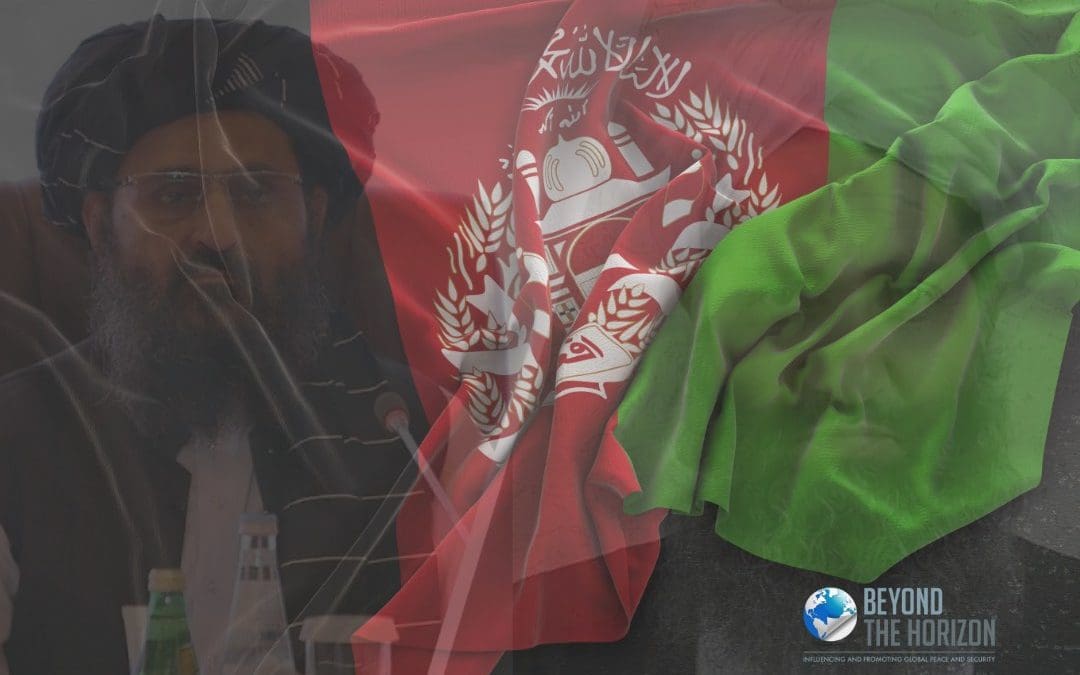The Taliban toppled the internationally recognized government and now effectively rules Afghanistan. However, the country which has been in a state of war since 1979 – although showed some progress in the last 20 years – is almost totally devastated. In almost all World Development Indicators (WDI) collected by World Bank, Afghanistan scores worst on earth.
Just to give some examples;
- In 2018, the global average annual health expenditure for a person was 1.111 USD. In Afghanistan, it was just 50 USD.
- In 2020, the global average GDP per capita was 10.565 USD. In Afghanistan, it was just 549 USD.
- In 2017, the world average number of beds per 1.000 people was 2.9 whereas in Afghanistan it was 0,39.
- In 2017, 49% of the world population had access to the internet whereas only 11,45% of the Afghan population had the same privilege.
- In 2019, an ordinary person on earth lived almost 8 years longer than an ordinary Afghan (72,74 and 64,83 respectively).
- In 2017, every 211 mothers out of 100.000 died from pregnancy-related causes. In Afghanistan, the number was as high as 638 during the same period.
- In 2018, only 112 scientific articles were published in Afghanistan.
- In 2019, only 68,75% of the females could survive to age 65 whereas the world average was 81,51%. In other words, 1 out of 3 Afghan women couldn’t make it till the age of 65. Figures are lower for men (62,04% and 73,89% respectively).
- In 2018, 8,9% of the world population was starving. In Afghanistan, it was 29,9% during the same period.
Below you may find 58 of them (out of 1441) which contain up to date information about Afghanistan. The world average is also given where relevant or available. The data belongs to the period between 2001 and 2020, the US intervention period, with some missing values.
What these figures and data tells is that the Taliban now – as the ruling party in Afghanistan – has to face the fiercest enemies of Afghans; poverty and illiteracy. These rivals were not defeated for centuries. Guns and opium paved the way to Kabul. But they won’t work in the Taliban’s new jihad.
* Samet Coban is Secretary-EXO&Research Fellow at Beyond the Horizon Int’l Strategic Studies Group.

